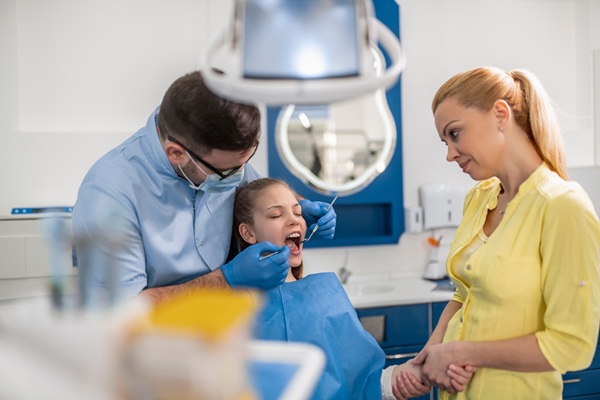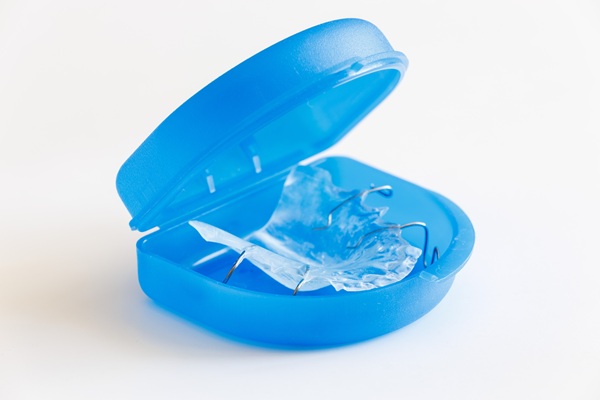 Bite correction in orthodontic care offers a number of benefits for patients. Notably, many patients report feeling more confident in their smile and enjoying improved oral health through bite correction treatment with an orthodontist. This review discusses those benefits to help you decide if treatment is appropriate.
Bite correction in orthodontic care offers a number of benefits for patients. Notably, many patients report feeling more confident in their smile and enjoying improved oral health through bite correction treatment with an orthodontist. This review discusses those benefits to help you decide if treatment is appropriate.
Why is bite correction in orthodontic care important?
The following is everything to know about bite correction through orthodontic care services. This includes what treatment options are available, the benefits of bite correction, and how to choose the right treatment solution.
What is bite correction in orthodontic care?
A bite correction in orthodontic care refers to the non-surgical process of correcting misalignments of the jaw and/or teeth. Orthodontic care addresses various types of malocclusions:
- Crossbite
- Overbite
- Underbite
Overcrowded or naturally crooked teeth also cause concerns with the bite that can benefit from correction. The ultimate goal is for an ideal alignment of the top and bottom row of teeth while the mouth is closed.
How can an orthodontist correct an improper bite?
An orthodontist can correct an improper bite in several ways. The two most common methods are braces and clear aligners. Braces involve the use of brackets and wires that attach to teeth, and they slowly pull teeth (and the jaw) into ideal alignment. Clear aligners work in a similar manner, except they use transparent aligner trays that are custom-fit rather than brackets and wires.
What are the benefits of addressing bite correction?
Bite correction can improve both the patient’s appearance and the health of their smile. Bite correction makes it easier to keep all areas of teeth clean and can reduce the risk of oral health concerns such as bruxism. Also, an improved bite through teeth and jaw straightening via orthodontic care achieves ideal symmetry for the patient’s teeth and their face in general, which improves appearance and many patients’ confidence levels.
How can I choose the right bite correction treatment for me?
It is important to visit a licensed orthodontic professional for a consultation to determine which bite correction is most appropriate. As mentioned, the two most common solutions are braces and clear aligners, although there may be other options depending on the specifics of your bite.
What can I expect during my consultation with an orthodontist?
The first step to bite correction through orthodontic care is to schedule a consultation visit with a licensed orthodontic professional. During your first visit, you and the orthodontist can discuss treatment goals and put together a treatment plan that works for your goals, needs, and schedule. The orthodontic professional may perform dental X-rays and an oral examination during the first visit to get a better understanding of which treatments are most appropriate.
Are you considering bite correction treatment?
Bite correction treatment is a great way to improve your smile and oral health. Our team can discuss with you the benefits of bite correction treatment and your orthodontic treatment options in person. Call or send our team a message today.
Request an appointment or call Wayne Orthodontics at 484-253-3020 for an appointment in our Wayne office.
Related Posts
When it comes to orthodontic therapy, there are solutions for everyone. Orthodontics covers a wide range of conditions, from minor to severe and everything in between. If you are unhappy with your smile, you should visit an orthodontist. There is a solution to repair your teeth, no matter what your concerns are. You can then…
Having orthodontic care makes a lot of sense in many situations. If you have crooked teeth or bite dysfunctions, this treatment may be right. Orthodontics can also be effective if you have gaps in your mouth or oddly shaped or worn teeth. The same is true for a crowded mouth. If you neglect to seek…
Choosing braces to correct your teeth can be an exciting and life-changing decision, but the process itself does not always go as planned. While discomfort and pain are not typical experiences with orthodontic treatment, there are many reasons you might feel uncomfortable throughout your journey towards straighter teeth – from being fitted to after you…


